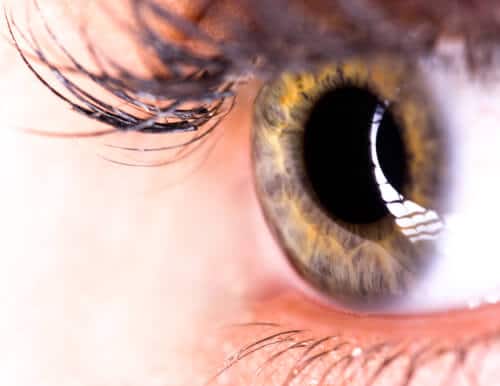A Brief Overview Of LASIK

Despite many patients who express satisfaction with LASIK – including several celebrities – there are still a large number of people who are doubtful about the surgery. It’s understandable. A surgical procedure involving one of our most precious organs is bound to leave people terrified. In these cases, a brief overview of some of the most common LASIK related questions is in order.
What exactly does the LASIK procedure entail?
In order to perform the corrective work, the surgeon makes a precise incision in the cornea to create a flap. Your ophthalmologist may use either a laser or a blade in order to make the incision. At this point, you will experience dimming to your eyesight, which is normal and should not be a source of panic. This flap allows your doctor to gain access to the stromal layer of the cornea, where the vision correction happens. In order to track your eye movements, you doctor will direct you to look at a light. Cells are removed from the stromal layer in a way that corresponds with your unique prescription using an excimer laser. Once your vision has been corrected, your doctor carefully replaces the flaps.
Am I awake during the procedure and will I feel any pain?
LASIK is performed while the patient is awake, but you do not feel any pain during the procedure – just a little pressure or awkwardness. Before the procedure starts, the doctor will apply numbing eye drops that ensure you do not feel any pain during your LASIK surgery. According to some patients, the portion of the surgery where this pressure is felt is while the flap is being created. There are no widespread reports of any sensation, pressure or otherwise, while the cornea is being reshaped by the excimer laser.
In some cases, doctors provide a small dose of Valium before the procedure for patients who are especially anxious about the procedure. This allows them to relax for the surgery.
What will my post-op be like?
Discomfort and itching is expected after the procedure as your eyes heal. It is highly recommended to take it easy afterwards and decrease your level of activity to limit contact with your eyes. This will ensure that the flap the doctor made in your eyes can heal properly without any complications or infections. Your doctor will provide you with antibacterial eye drops to apply for the week following the procedure. You will then see your doctor for a number of follow-up visits to ensure everything is healing properly and to monitor your prescription.
What’s the worst that can happen?
Like any surgery there is the potential for complications. Most LASIK complications, however, are rather mild. Even in the very rare cases that lead to significant vision loss, LASIK does not result in complete blindness. Rather, follow up surgeries or continued use of glasses or contacts may be required.
The best way to determine if LASIK is right for you is to talk to an eye care professional. While independent research is always a great way to be informed, you can gain additional peace of mind by running your questions and concerns by one of our dedicated ophthalmologists at Inland Eye right here in California. Give us a call and book an appointment at one of our Murrieta or Temecula locations today.
